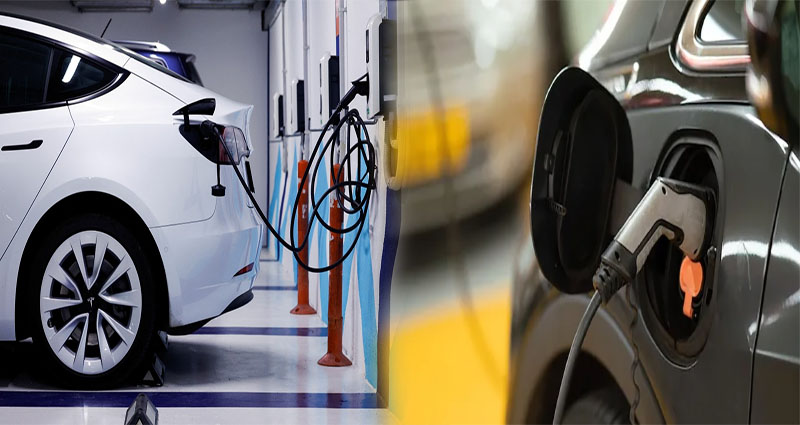As the world’s transition towards sustainable transportation continues to gain momentum, electric vehicles (EVs) are set to experience rapid growth in the coming years. With advancements in technology and increasing consumer demand, several electric vehicle models are expected to dominate the market. In this article, we will explore the key projections and features that are driving the surge of electric vehicles poised for rapid growth.
Growing Popularity of Electric Vehicles
The shift towards electric vehicles is propelled by various factors. One significant factor is the increasing concerns about climate change and the need to reduce greenhouse gas emissions. Governments and environmental agencies worldwide are encouraging the adoption of electric vehicles through incentives, tax rebates, and stringent emission regulations.
Projections for Rapid Growth
According to industry experts, the electric vehicle market is expected to grow exponentially in the next decade. Tech giant BloombergNEF predicts that EVs will account for 10% of global passenger vehicle sales by 2025, and this figure might rise to 28% by 2030. Such projections indicate a remarkable opportunity for the electric vehicle industry.
Features Driving the Growth
- Extended Driving Range: One of the primary concerns for potential EV buyers is range anxiety. However, modern electric vehicles are equipped with more efficient batteries, allowing for longer driving ranges. Manufacturers such as Tesla have introduced models with impressive ranges of over 300 miles, effectively reducing range anxiety and increasing the appeal of EVs to a wider audience.
- Fast Charging Infrastructure: The availability and accessibility of charging stations play a crucial role in the widespread adoption of electric vehicles. As the demand for EVs rises, governments and private entities are investing heavily in expanding the charging infrastructure. The emergence of fast charging stations that can charge an EV in less than 30 minutes is a game-changer and significantly improves the convenience factor for electric vehicle owners.
- Technological Advancements: Electric vehicle manufacturers are investing heavily in research and development, leading to significant technological advancements. Features such as regenerative braking, advanced battery management systems, and integrated connectivity options are becoming standard in many EV models. These advancements offer improved performance, efficiency, and enhanced driving experience.
- Affordability and Competitive Pricing: Electric vehicles were once associated with high price tags, making them inaccessible to the average consumer. However, with advancements in technology and increased production volumes, the cost of manufacturing electric vehicles has significantly reduced. This, in turn, has led to more competitive pricing and made EVs more affordable for a broader market segment.
- Environmental Benefits: Electric vehicles have zero tailpipe emissions, making them a cleaner alternative to traditional internal combustion engine vehicles. They help reduce air pollution and greenhouse gas emissions, leading to better air quality and a positive impact on the environment. As sustainability becomes a top priority for individuals and governments alike, electric vehicles present an attractive solution.
Electric vehicles are set to experience rapid growth in the coming years, driven by various projections and features. As governments and consumers embrace sustainability and strive to reduce their carbon footprint, the demand for EVs is skyrocketing. With extended driving ranges, enhanced charging infrastructure, technological advancements, competitive pricing, and environmental benefits, electric vehicle models are poised for rapid growth. The future of transportation is undoubtedly electric, and the benefits of this transition will be seen around the globe.





